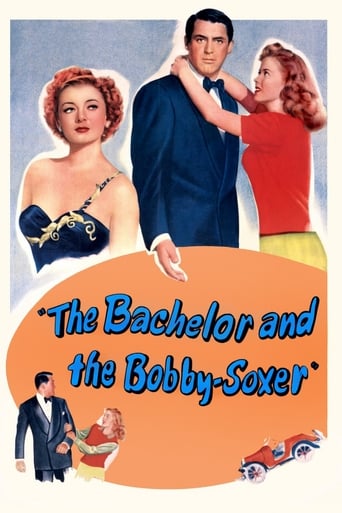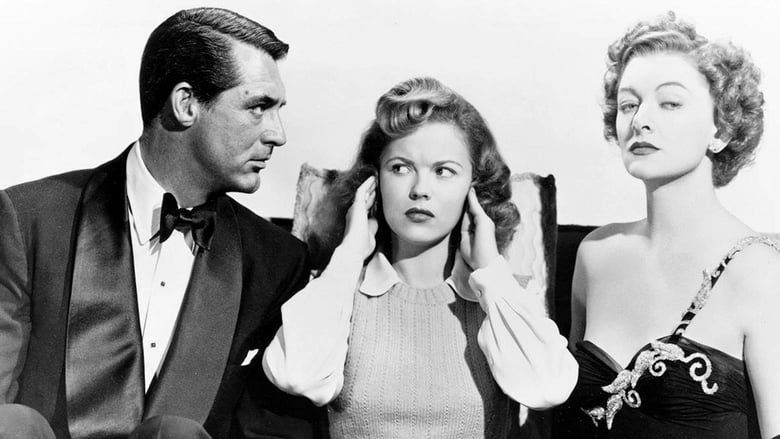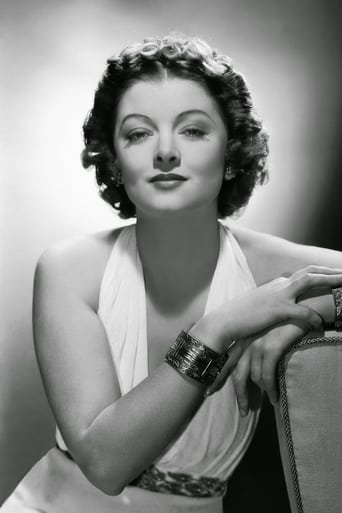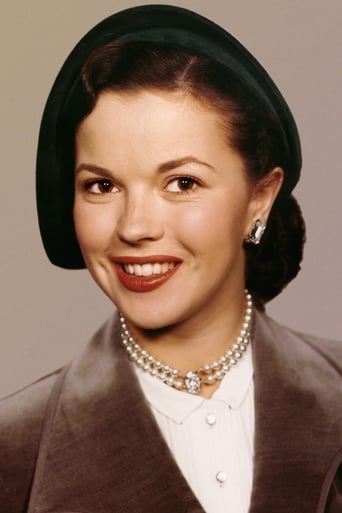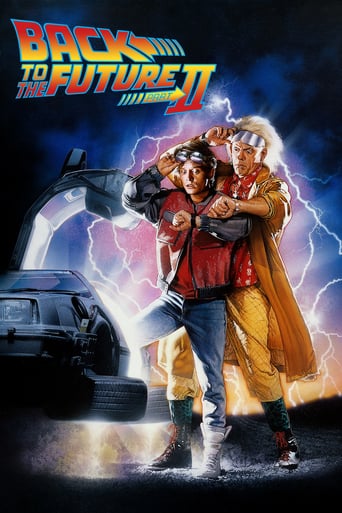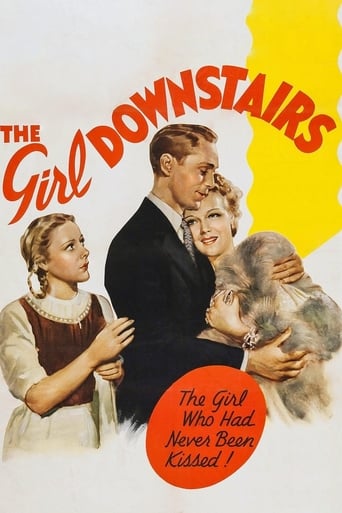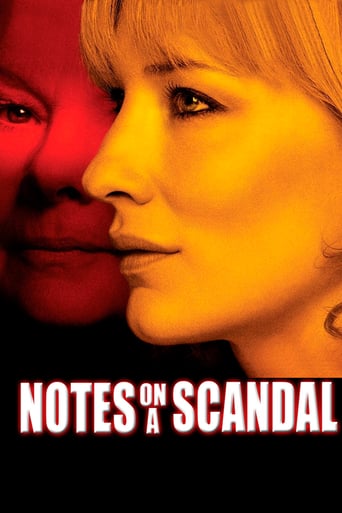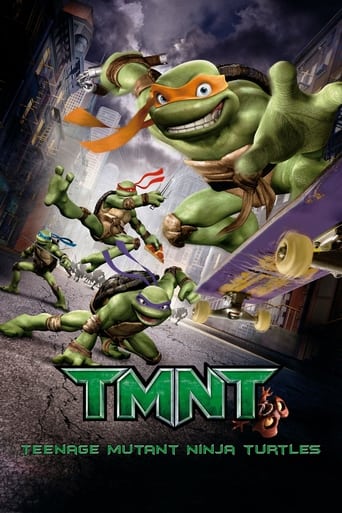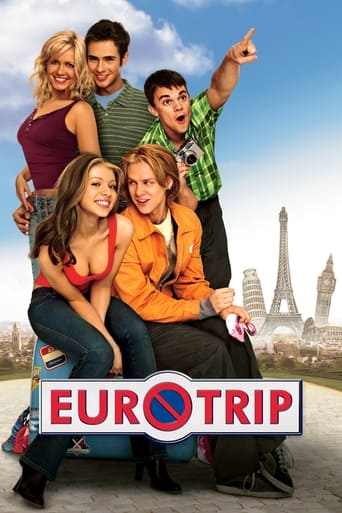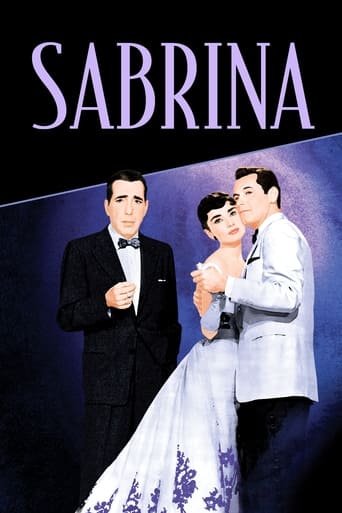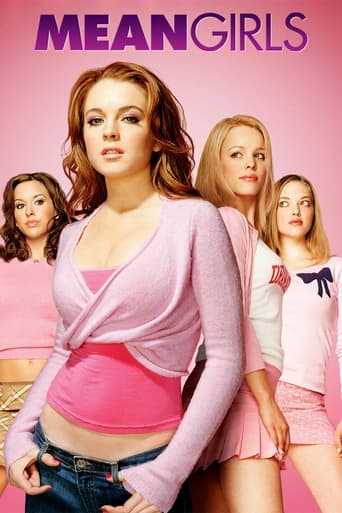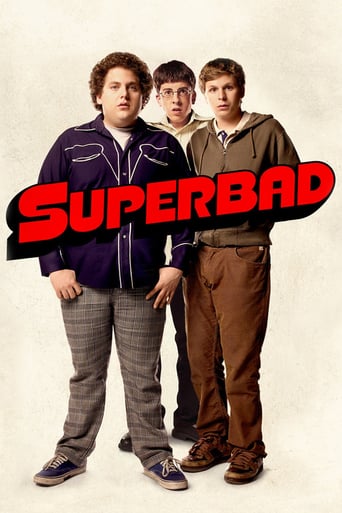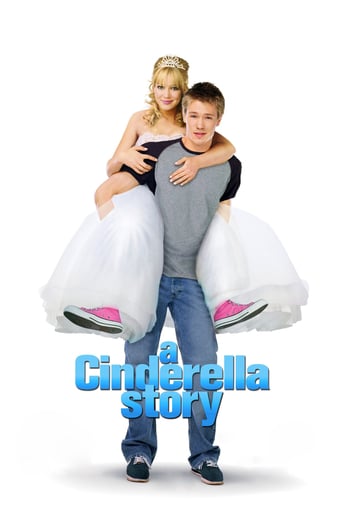The Bachelor and the Bobby-Soxer (1947)
Teenager Susan Turner, with a severe crush on playboy artist Richard Nugent, sneaks into his apartment to model for him and is found there by her sister Judge Margaret Turner. Threatened with jail, Nugent agrees to date Susan until the crush abates.
Watch Trailer
Cast


Similar titles
Reviews
How sad is this?
Highly Overrated But Still Good
The performances transcend the film's tropes, grounding it in characters that feel more complete than this subgenre often produces.
This story has more twists and turns than a second-rate soap opera.
The adolescent Susan Turner (Shirley Temple) is a fashionable and spoiled teenager that lives with her tough and uptight sister Margaret Turner (Myrna Loy), who is a judge. One day, Margaret has to judge the artist Richard "Dick" Nugent (Cary Grant), who is a reckless and wolf playboy, for a fight in a nightclub and she dismiss the case. Richard leaves the court and goes to the high-school where Susan studies to give a lecture of modern arts to the students. Susan has a crush on Richard and she breaks up with her boyfriend Jerry (Johnny Sands). She interviews Richard after the lecture and during the night, she lies to the portlier of his building telling that she is going to model for Richard and she sneaks in his apartment. She sleeps on the couch and when Richard arrives home late night, he does not see her. Meanwhile, Margaret and her friend, the district attorney Tommy (Rudy Vallee), are seeking out Susan. When they find her in Richard's apartment, they believe that she has been seduced by him and Richard is sent to the jail. Margaret's uncle Beemish (Ray Collins), who is the court psychiatrist, convinces Margaret to release Richard; otherwise Susan's crush would not stop. They make a deal with Richard forcing him to date Susan to diminish her passion. Richard dislikes the situation but has no other way out of the problem. While dating Susan, Richard and Margaret fall in love with each other; but Susan is a pain in the ass for them. "The Bachelor and the Bobby-Soxer" is a dated, but delightful screwball comedy that makes you laugh a lot. Cary Grant is hilarious in the role of a playboy and wolf that is involved by an annoying teenager and sentenced based on his reputation. It is impossible to not laugh with the picnic competition and the meeting in the nightclub during the celebration of one of Richard's "acquaintances". If you need something to relieve you from a stressed day, watch this movie that you will certainly feel better in the end. My vote is seven.Title (Brazil): "Solteirão Cobiçado" ("Desired Bachelor")
A teenage girl (Shirley Temple) develops a crush on an older man (Cary Grant). Her older sister is a judge, played by Myrna Loy. When Temple sneaks into Grant's apartment and places him in trouble with the law, her sister suggests a plea bargain where Grant has to date the teenager in order to cure her of her infatuation. Yeah, the plot is total nonsense but just turn your brain off and enjoy it for what it is. It was made in simpler times. Fun movie with great performances from Grant and Loy. Temple is lots of fun too. Probably her best role post-childhood. I first saw it when I was a teenager and it didn't do much for me. I thought the plot was ridiculously far-fetched. I kept looking at it through modern eyes about how "serious" the theme is when you get right down to it and yet the movie treated it all so lightly. I've seen it a few times since as an adult and I've grown to appreciate it more. Lots of great lines and a generally pleasant tone throughout. It's not my favorite comedy from Grant or Loy but it's a good one.
A comedy that's cuter than it is funny, but it's enjoyable all the same. Cary Grant stars as a playboy painter who becomes the object of a crush by teenager Shirley Temple. Temple's older sister (Myrna Loy), a judge (a woman judge, even!) doesn't approve whatsoever. You can see where this is going from frame one. Loy's role is the film's major weakness. She feels like she doesn't belong in the film, and is generally such a wet blanket that you never want her to end up with fun-loving Grant. Not that you want him ending up with Temple, either, but his interactions with Temple are the film's highlight. Loy's role is just an excuse for the film to come up with tons of sexist jokes about how she wouldn't be so high and mighty if she'd just land herself a husband. Co-starring Rudy Vallee.
Want some insight into what titillated movie-goers in the post-war 1940's? This 1947 RKO production is a good place to start. There's the marquee value of a seductively handsome Cary Grant coupled with that spunky symbol of all-American innocence Shirley Temple, enough at the time to draw in ticket-buying throngs with its naughty innuendo of daring departure and forbidden pleasure. In fact, the underage subtext lingers beneath much of the movie's plot and humorous settings, but in a totally innocent manner, proving that this is not yet the more permissive 1960's. One slip, however, and this light-hearted soufflé could easily have become burnt-toast of the most tasteless variety. Fortunately, there are no slips.Once the pace picks up, this comedy sparkles as brightly as any other Cary Grant madcap, which is to say, about as good as comedy gets. The nightclub scene is an absolute triumph of timing, staging, and scripting. The laughs build as the party table becomes more and more chaotic, interrupted by one petty annoyance after another, finally reducing the worldly Grant to speechless exasperation. This is the type of soaring comedic architecture that requires real artistry, but has been sadly replaced in contemporary film by a dumbed- down world of bathroom jokes, insult gags, and other cheap forms of humor that appeal mainly to juveniles. The movie itself, directed by an unheralded Irving Reis, is literally brimful of bounce and charm, leaving no one in doubt that the big war is over and America is ready for the future even if its libido is showing. With: a slyly endearing Ray Collins, a bemusedly prim Myrna Loy, a pompously befuddled Rudy Vallee, and a well-deserved Oscar for writer Sidney Sheldon, along with a final scene that could not be more apt. Despite the shift in public mores, audiences now as then should find this a highly entertaining ninety minutes of expert movie- making.

